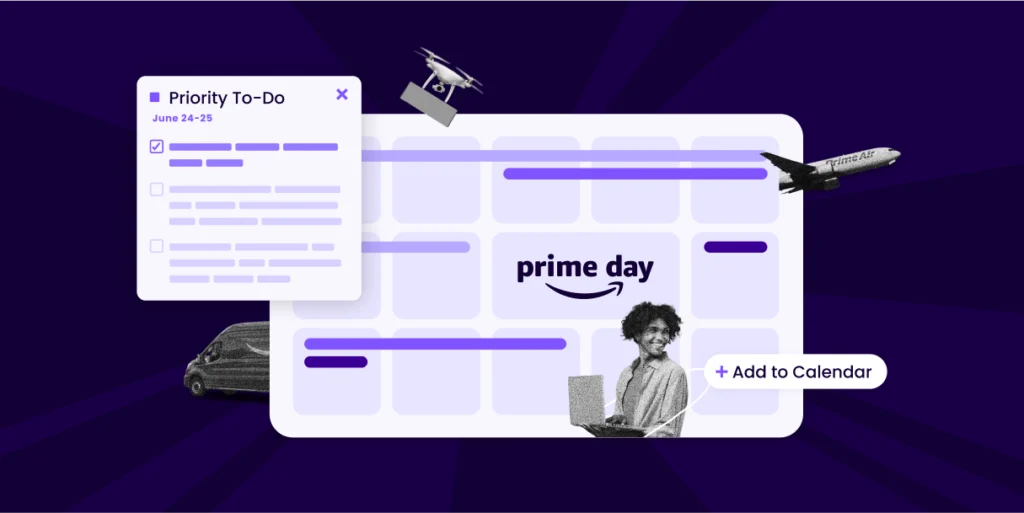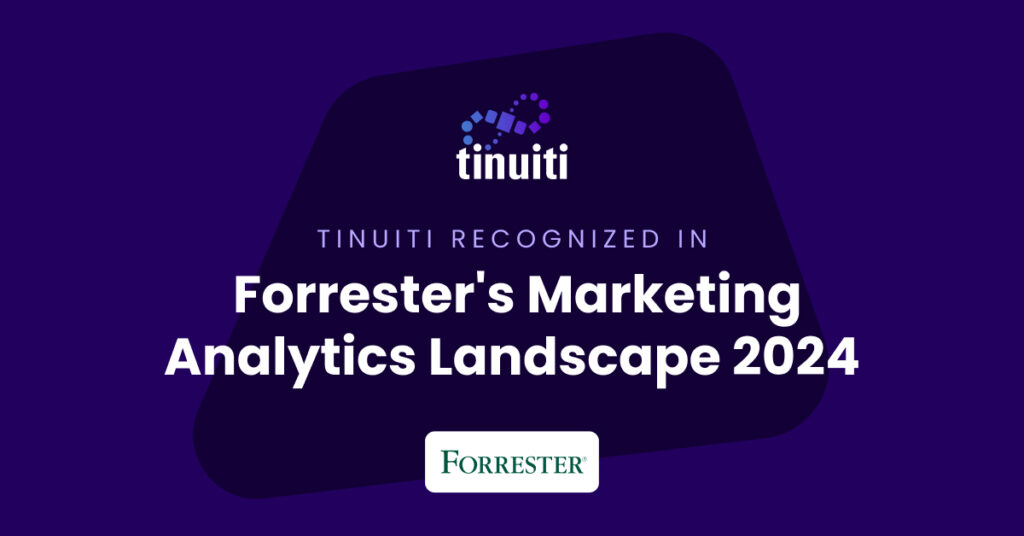Comparison shopping campaigns are a lot like online dating sites: they are a great way to get yourself out there, but you’ll only reap what you sow. No one wants to click on the guy that has outdated pictures and information, or on someone that simply looks illegitimate and sketchy. Comparison shopping engines (CSEs) are huge online product comparison sites where numerous retailers pay to have their products featured. If you implement the right strategy, retailers can make CSEs a significant channel of revenue (typically upwards from 10% or more of site-wide revenue).
In the CSE world, there are your eHarmony’s and Match.com’s, well-established legitimate places to attract well-qualified others. Keep in mind on the other hand; you also have your Craigslist Personals, a magnet for generally lower-quality traffic. As a retailer, your goal is to make money and attract qualified traffic by identifying the CSEs your products convert well on, and optimizing your CSE campaigns to the best of your ability.
Major Comparison Shopping Engines
Luckily, you can count the number of CSEs that you should care about on 2 hands. Here are 6 that you should absolutely take note of:
• Amazon Product Ads
• Nextag
• PriceGrabber
• Shopping.com
• Shopzilla
• Google Shopping
The Top 10 CSEs by Revenue in Q3 2012. . Check out the rest of the Top 10 rankings here.
Google Shopping
On October 17th, 2012, Google Shopping officially became a paid engine. Google finally decided that they no longer wanted to offer free, high-quality traffic to online merchants and so they began to charge for their exposure like everyone else. Like the 5 other CSEs listed above, Google Shopping is primarily a Cost per Click (CPC) comparison shopping engine.
The CPC model is a two-way street in that it requires diligent management and modifications, but can be extremely lucrative. A retailer must pay the CSE each time an online consumer clicks on their featured product, and so the bids of products that don’t convert well must be closely monitored.
The Process of Setting Up CSE Campaigns
There are 3 central components to a comparison shopping campaign: data feeds, bidding, and long-term management.
Data Feed Management: Your data feeds must be filled to the brim with all of the relevant product information you can include. CSEs favor completeness of data for their results. Also, by having more information you will instill a greater sense of confidence in the consumer allowing them to make an informed purchase decision. Each CSE has their own guidelines for setting up the data feeds you need to submit to them, and you can check out those specifics here.
Generally speaking, a data feed is going to be a spreadsheet or text file of each of your products’ relevant info, including title, brand, category, description, price, URL, and image. Flaws in your data feeds could kill your campaigns, so you need to check the accuracy and comprehensiveness of your data feeds at least weekly.
Bid Management: Like data feeds, each CSE has their own bidding process. In a CPC model, you can bid at the CSE minimum or higher, depending on how well you think your product can convert. The higher the bid, the higher the product will be ranked when an online shopper does a general search for your type of product.
The overarching strategy here is that you want to bid high on products that have good conversion rates and low on products that don’t convert well. Failure to do so will either flush money down the drain on non-converting clicks or fail to feature good products that would otherwise sell well. For this reason, your bids need to be monitored and updated at least weekly.
Long-Term Management: Once your data feeds and bids are set, unfortunately your job still isn’t done. Your campaigns should always be accompanied by some sort of analytical tool, such as Google Analytics or the CSE tracking pixels (ideally both). Each CSE has their own tracking pixel you can install. The goal of implementing this type of tracking is to be able to pull meaningful metrics into the CSE merchant dashboard. That way you have the reporting to measure the cost-effectiveness of specific products, product categories, individual CSEs, and your overall CSE campaigns.
What to Consider Before Launching CSE Campaigns
CSE campaigns are a big commitment because they’re time consuming and require technical expertise and manpower; however they can really boost your online sales with effective management. There are several things you need to evaluate about your company before launching on CSEs.
Budget: CSE campaigns will require an investment, which will be based on the number of products you have as well as the number of CSEs you wish to launch on. Generally speaking, you should have a marketing budget of $2,000-3,000 per month, which will go towards paying the CPCs.
Product Volume:You should have at least around 500 products. This, however, also depends on your product category. Generally, higher Average Order Volume (AOV) products that are also in a popular category like electronics will allow you to have less inventory; because the search volume for your products will be higher than more obscure product categories.
Additionally, if you have less than 500 products, you can still work with CSEs but there’s a good chance that those campaigns won’t be as impactful as retailers with 500+ products. If you have less than 100 products, you should normally steer clear of CSE campaigns.
Site: Your online store will need to be prepared to handle the additional traffic you can receive from good CSE campaigns. This entails having a fast, smooth-running website, an aesthetically pleasing design and format, and overall looking like a professional, trustworthy, and legitimate business.
Conclusion
All this may sound overwhelming, and that’s because CSE campaigns are huge undertakings. Like the great majority of things in life, you will get out what you put in. If you’re interested in CSE campaigns but don’t think you have the manpower or expertise to pursue them, or if you have existing CSE campaigns and would like a free assessment please visit us at CPC Strategy.
You Might Be Interested In












